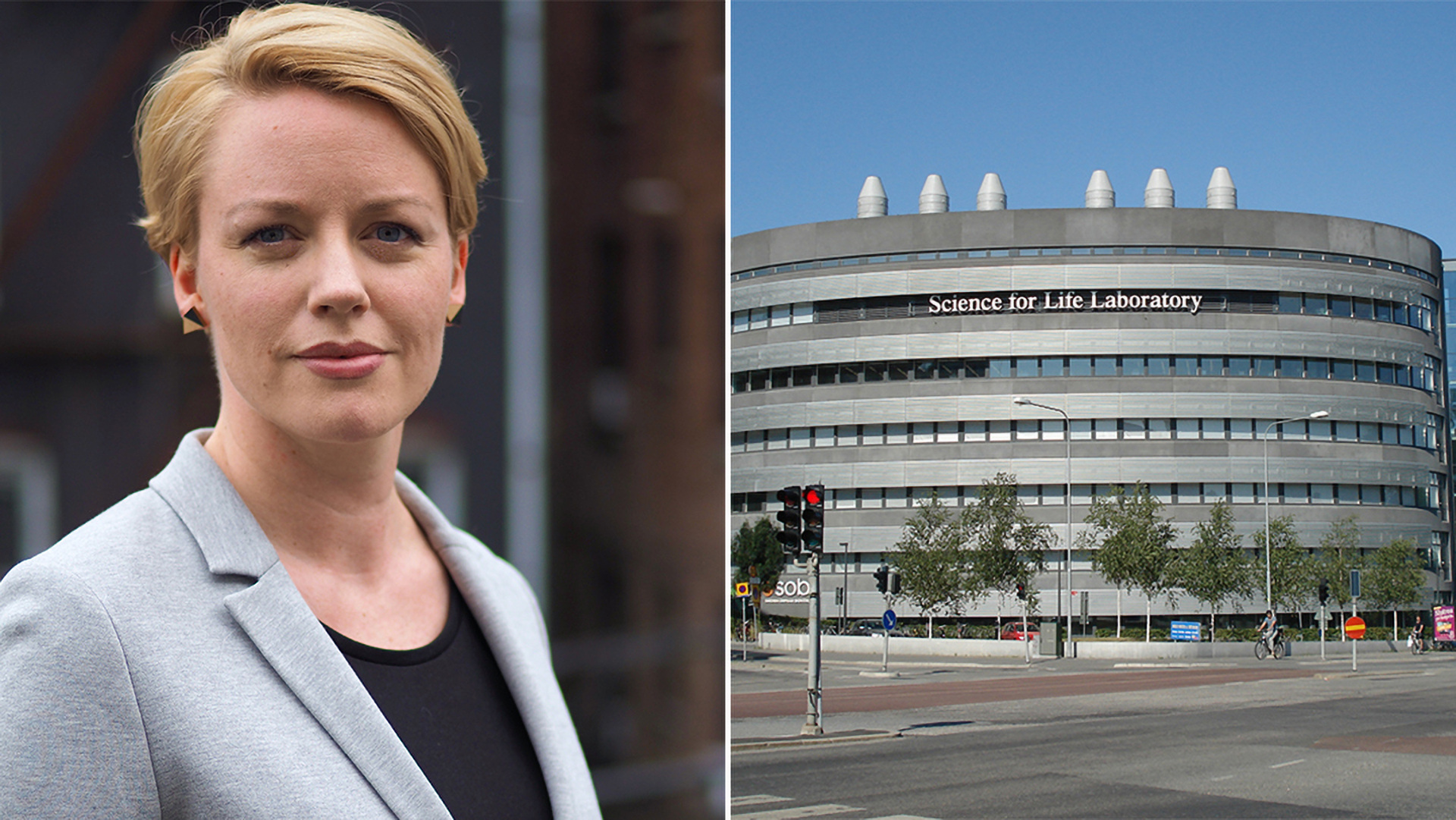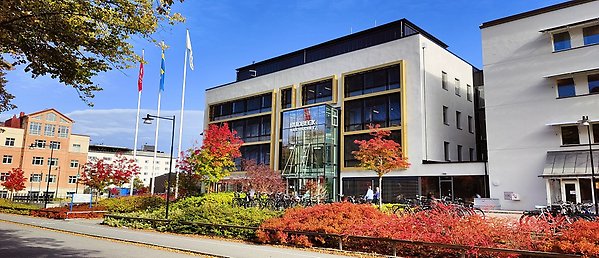The Svedberg seminar series: Prof. Tuuli Lappalainen
November 22 @ 15:15 – 16:30 CET
Science for Life Laboratory, Department of Gene Technology, KTH Royal Institute of Technology, Stockholm, Sweden
New York Genome Center, New York, USA

Tuuli Lappalainen is a Professor in Genomics at KTH Royal Institute of Technology, an Associate Faculty Member at the New York Genome Center, and the Director of the National Genomics Infrastructure of SciLifeLab. She is also an Adjunct Professor at the Department of Systems Biology at Columbia University.
Her research focuses on functional genetic variation in human populations and its contribution to traits and diseases. She has pioneered the intergration of large-scale genome and transcriptome sequencing data to understand how genetic variation affects gene expression, providing insight to cellular mechanisms underlying genetic risk for disease.
Functional variation in the human genome: lessons from the transcriptome
Detailed characterization of molecular and cellular effects of genetic variants is essential for understanding biological processes that underlie genetic associations to disease. A particularly scalable approach has been linking genetic variants to effects in the transcriptome that is amenable for scalable measurements in human populations and in experimental settings, including at the single cell level. Our multi-omic analysis in human cohorts in the TOPMed project has identified genetic and environmental effects on molecular variation together with their complex interplay with clinical phenotypes. Furthermore, in this talk I will discuss how CRISPRi silencing of regulatory elements followed by single-cell analysis provides novel insights of mechanisms of genetic associations to complex traits. Altogether, these diverse approaches for integration genome and transcriptome data uncover functional genetic architecture of human traits, and enhances our understanding of both basic biology and precision medicine applications.
Host: Jessica Nordlund, Uppsala University

